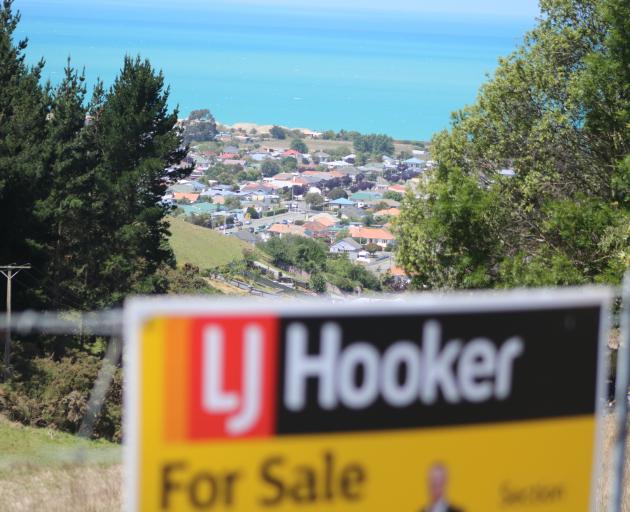
Property prices in New Zealand have soared by the most among OECD nations in the past 12 months, rising about 30%, as investors cashed in on historically low interest rates and cheap access to capital under the government's pandemic-inspired stimulus spending.
Successive governments have failed to solve the housing crisis and for many people, especially young people, the goal of an affordable home has become more remote, New Zealand's Chief Human Rights Commissioner Paul Hunt said in a statement.
"The housing crisis in Aotearoa is also a human rights crisis encompassing homeownership, market renting, state housing and homelessness," Hunt said, using the country's indigenous Maori name.
"It is having a punishing impact especially on the most marginalised in our communities," he said.
The United Nations Special Rapporteur on adequate housing, Leilani Farha, said in her report published in June that there is a persistent lack of affordable housing in New Zealand, and consecutive governments have failed to ensure that the housing market meets the needs of the entire population, particularly those who have low incomes.
Soaring prices and rents have forced families into emergency housing, with the government housing many in motels as there are not enough state homes available.
Under pressure Prime Minister Jacinda Ardern launched a raft of measures this year to tax investors and discourage speculators. But these have had only a marginal impact.
The rising inequality inflamed by the housing crisis is arguably the biggest political challenge facing Ardern's centre-left Labour-led government. The 41-year-old's popularity soared with her response to the pandemic that kept nationwide cases to barely 2,500 and led to an emphatic election win last year.
But her support has been slipping with the latest Newshub-Reid Research Poll on Sunday showing Labour can no longer govern alone, although its coalition with Green Party meant it remains in power and well ahead of rivals.
Comments
Someone needs to state the obvious: housing is not and can not be a human right. It's good and proper to have a home, but it's not a right. If it were a right, then it would imply that someone else has a positive duty to provide you with one. That is unlike every other right that is universally accepted: i.e. the "negative" rights of speech, association and property—rights that don't imply an obligation on behalf of anyone else. A right to housing implies that you have a right to demand someone else's property or labour: i.e. it justifies theft or slavery.
Good application of logic, rational thought and market economics but you are dead wrong.
Housing is a human right. This fact is universally recognised by most countries in the world by their ratification of the Universal Declaration of Human Rights.
Which would imply that "human rights" didn't exist before they were codified in 1947, in a non-binding document, by a non-democractic organisation with two veto-holding autocracies at its centre. Human rights existed before the UNHDR, and human rights do not depend on the existence of nation-states. I agree with much of its contents; I even have no particular objections to ideas like state housing or free state education. I simply object to calling them rights when they are in fact privileges.












